In a year of loss and grief, Lost Words: Beyond the Page came at an eerily good time. Written by Rhianna Pratchett (Tomb Raider, Mirror's Edge), this unique little platformer was initially released on Stadia March 27, 2020—just as the reality of COVID-19 was felt worldwide.
Over a year later, Lost Words is finding new life on PS4, Xbox One, and Switch. After endless lockdowns, illness, and even deaths, this story that follows a young girl called Izzy as she navigates her own grief is more important than ever—and incredibly poignant.
Mark Backler (Fable 2, Harry Potter and the Order of the Phoenix), founder of Lost Words developer Sketchbook Games, says this was all by design. From the offset, Backler wanted to make a game that had a positive impact on people’s lives.
“To begin with, I was looking at the topic of divorce because it’s something more common than it used to be, and I wanted to have something that could help people," Backler told me, walking me through the development. “But loss is something that unfortunately affects everyone at some point. Rhianna has done such an amazing job with writing the moving story, she drew from her own life experiences.”
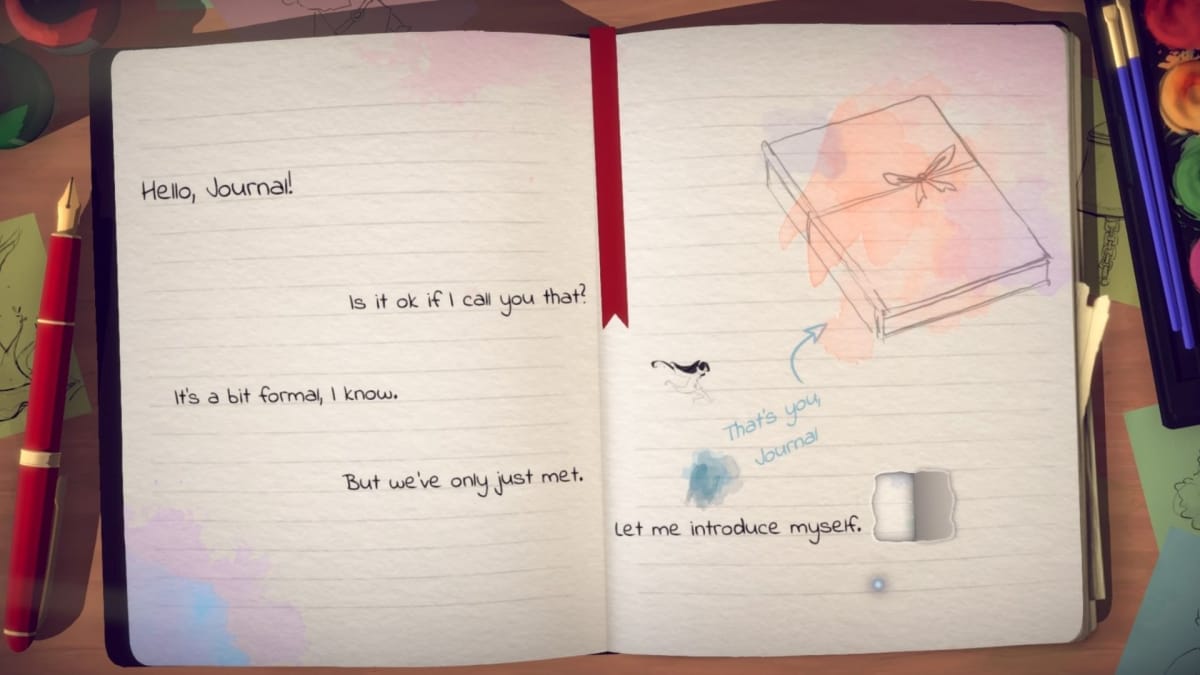
Lost Words: Beyond the Page introduces the player to Izzy, a young girl whose life is thrown upside down when her grandma is hospitalized after suffering a stroke. One of the gameplay segments is simply platforming your way through her diary, where Izzy tries to make sense of the world changing around her. The main slice of the game, however, is the story segments—where Izzy escapes the real world to write a fantasy story. You play as the story’s heroine, embarking on a heroic journey to save your village.
Yet these story segments are clearly inspired by Izzy’s tumultuous real life, and the characters she creates (especially the bad guys) are ways for her to cope with the grief. In fact, as Backler tells me—and I’m kicking myself for not noticing before—the levels of the game represent the stages of grief. In the first level, Izzy is in denial that her grandma is ill, so the bad guy is a stubborn old man. The next day, she gets angry at her mum for acting differently as her own mother is ill, so the heroine’s next antagonist is a furious girl made of lava, who destroys the world around her with her temper. In this sense, these level segments are more honest than the diary entries.
Stopping the game’s handling of grief from feeling cliché is the fact that Backler and Pratchett did their research, speaking to Caitlin Hitchcock, a child psychologist from Cambridge University. As Backler tells me, the most important thing Hitchcock taught them was that coping with loss isn’t a straight path: “One of the chapters in the game revisits other ones, representing how people sort of backslide through the stages of grief. One thing Cailyn said was often it’s not a linear experience, a lot of people will experience them in different orders, or go back to previous stages.”

This understanding of how we grieve isn’t just present in the story, but bleeds through into the gameplay. For example, in the diary entries, it’s always simple. You platform on the words to reach the goal. Nothing too challenging. Then suddenly, before you can reach the goal, the world literally turns upside down, as Izzy is breaking down over her grandma’s poor health. Another gameplay loop in the diary segments is using particular words to create images in the journal—dragging the word “blew” near the picture of a birthday cake will blow out the candles for instance—but in one of the entries, you can’t get this “word magic” to work. By lulling you into this false sense of security, the sudden inability to complete these simple tasks is oddly heartbreaking. The magic you’ve gotten so used to using can’t heal Izzy’s gran, and in that moment you really feel her pain. Lost Words is full of little moments like this, when the gameplay as you know it suddenly changes, and things don’t work as they should do. It sounds simple, albeit effective, but it was a tricky one to pull off, especially when the Sketchbook Games team were working at home before lockdowns.
“Although lots of games have good relationships between the story and the mechanics, I think it’s unusual that it’s taken to quite this level,” Backler admitted. “It certainly did make things challenging at certain points. There were times when we would have to adjust a mechanic so it would work better with the story, or cut ones that didn’t work. And likewise there was bit when a bit of story wouldn’t fit with a mechanic so we edited that.”

It meant that some aspects of Lost Words would be left on the cutting room floor, but it truly doesn’t stop everything running smoothly. In a literal sense, the story is constantly informing the gameplay, as the heroine of the fantasy sections collects certain words in a spell book to interact with the word. Some of these are simple—”rise” can be used to levitate objects—but others feel cathartic. In an early level, you learn the word “silence.” With the wave of a magic wand, you can make that angry old man I mentioned shut up. And I think as most people coping with a family tragedy will know, sometimes you really really wish you could do that. In a literal sense, Izzy is discovering the words she needs to take her through the quest of grief, just as her heroine is learning “spells” to help her save her village.
It struck me just how perfect of a tool would be for children, especially after a year like 2020. Backler told me, however, that it wasn’t easy dealing with such a sad topic with a child audience in mind. “At some points we did think ‘is loss too heavy a topic to be looking at?’ But then we saw great movies like The Lion King and Bambi that are aimed at that really broad audience, but tackled this tricky subject.”
I asked him how on earth are we even going to go about helping children like Izzy confront the collective loss of the pandemic. Backler says they need to see media that deals with it, so they aren’t going in blind. “Don’t hide things away. The more media that we have that raises awareness, the better.”

Lost Words: Beyond the Page saw its full release just a few days after we spoke, on April 6. Reviews range from high to average, but always kind. TechRaptor’s own review from its Google Stadia release was full of praise for the story and characters. But others highlight that the game is very simplistic.
True enough, this is the simplest of simple platformers. The unique aspect of using words to interact with the world only very rarely offered a challenge, with the one to use always being pretty clear, and there’s nothing to get stuck on.
But as an experience, one that takes advantage of all that makes up a video game—from gameplay, story, to voice acting—Lost Words walks (and jumps) the players through loss in a way so raw, gripping, and cathartic.
Early on, when Izzy lashes out in her diary about how angry she is that her grandma is in the hospital, I got really teary. Later on, when she’s just numb after more bad news, the tears truly started rolling. Izzy’s journey is exactly how I felt when someone I love was in hospital with COVID earlier this year, and it was terrifying to be reminded of that. For a simple kid’s platformer to understand what I couldn’t even having gone through it, this game is nothing but a winner.
If you’ve hurt at all this year, Lost Words: Beyond the Page holds a mirror up to that hurt and tells you it’s alright to look.
Have a tip, or want to point out something we missed? Leave a Comment or e-mail us at tips@techraptor.net
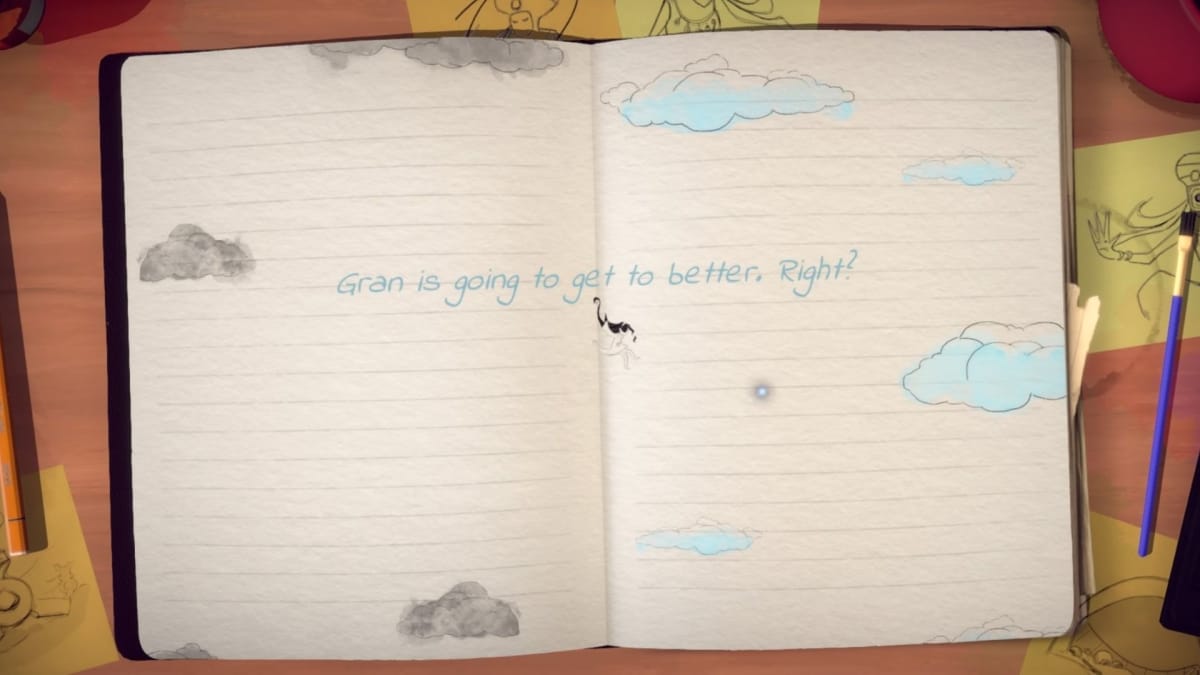

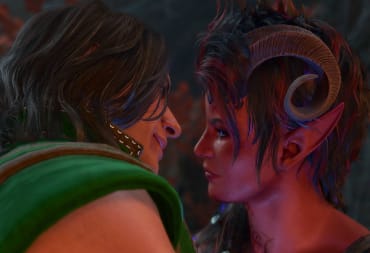
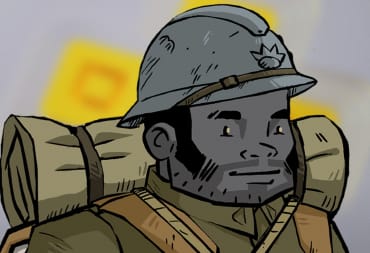
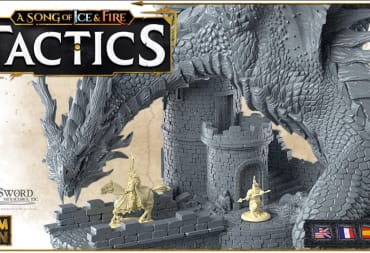
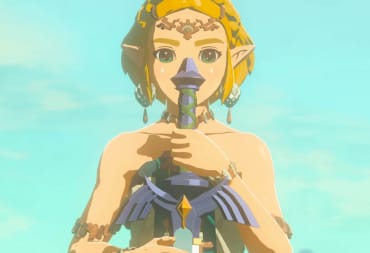
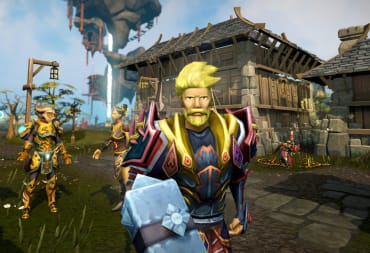
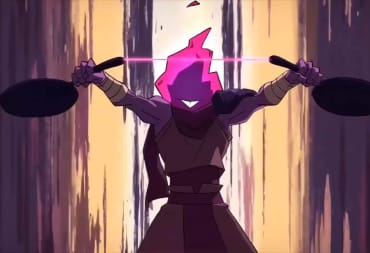
.jpg?itok=6swFYRK1)
